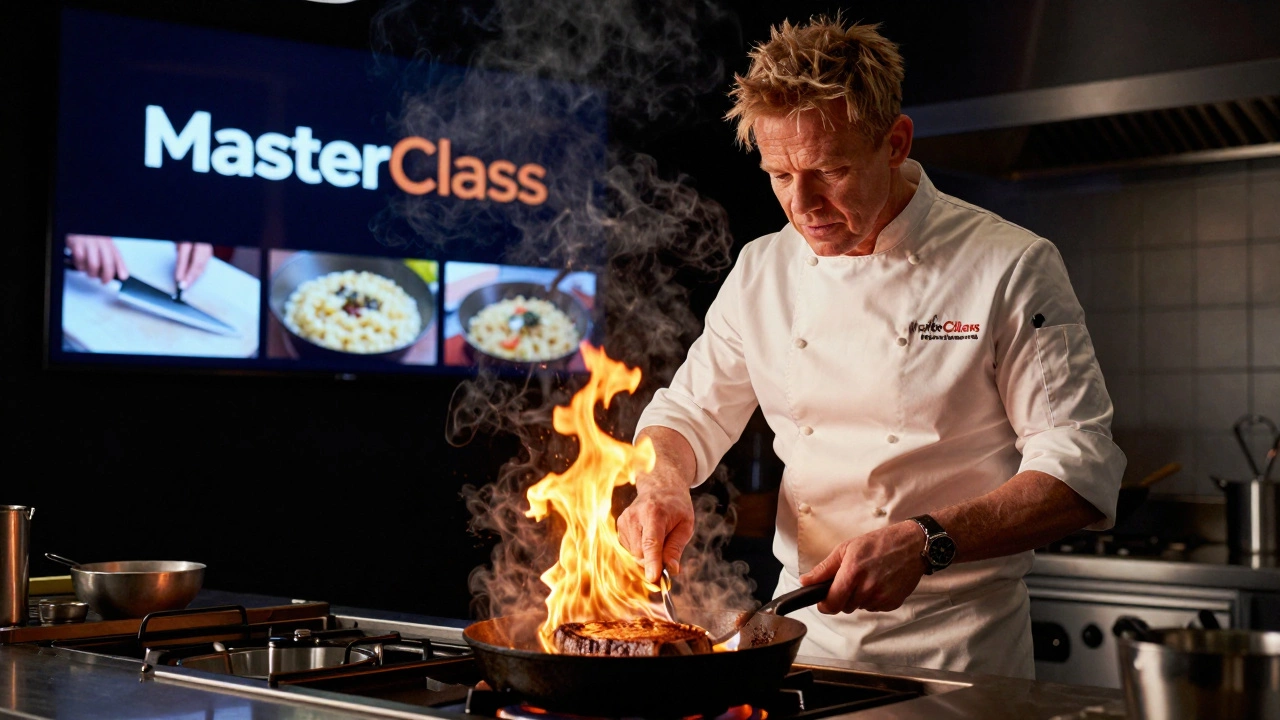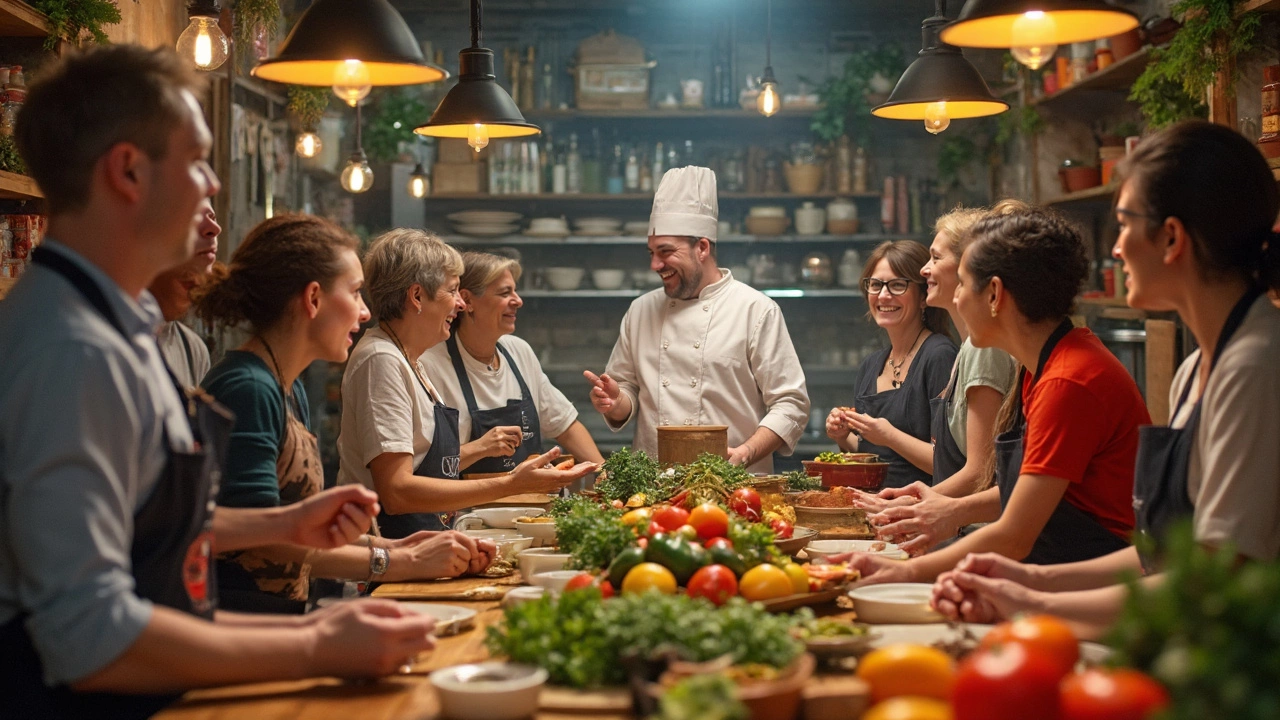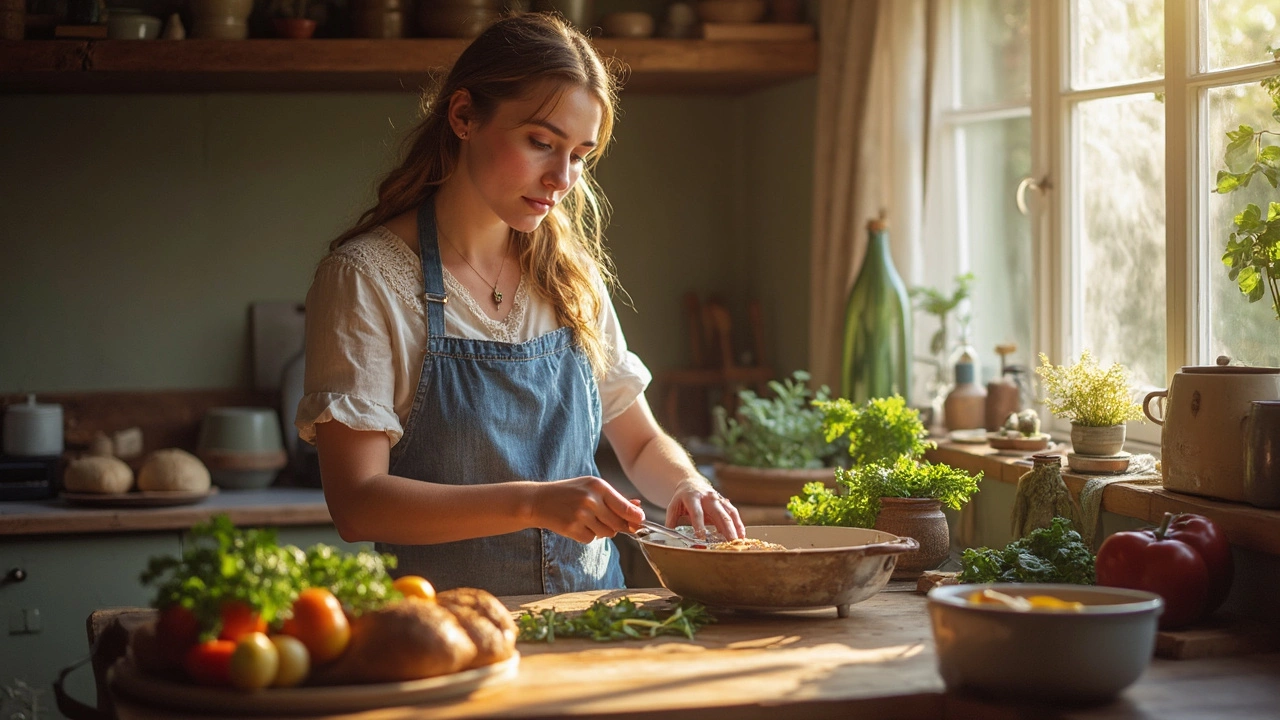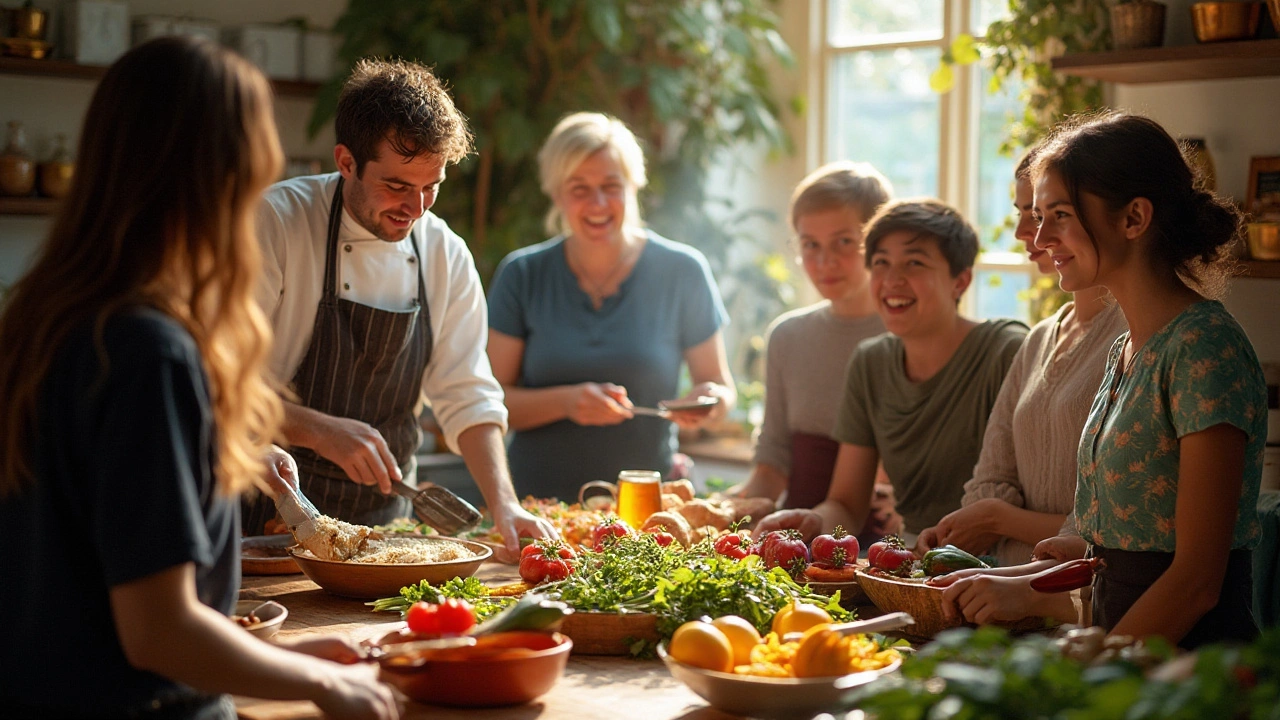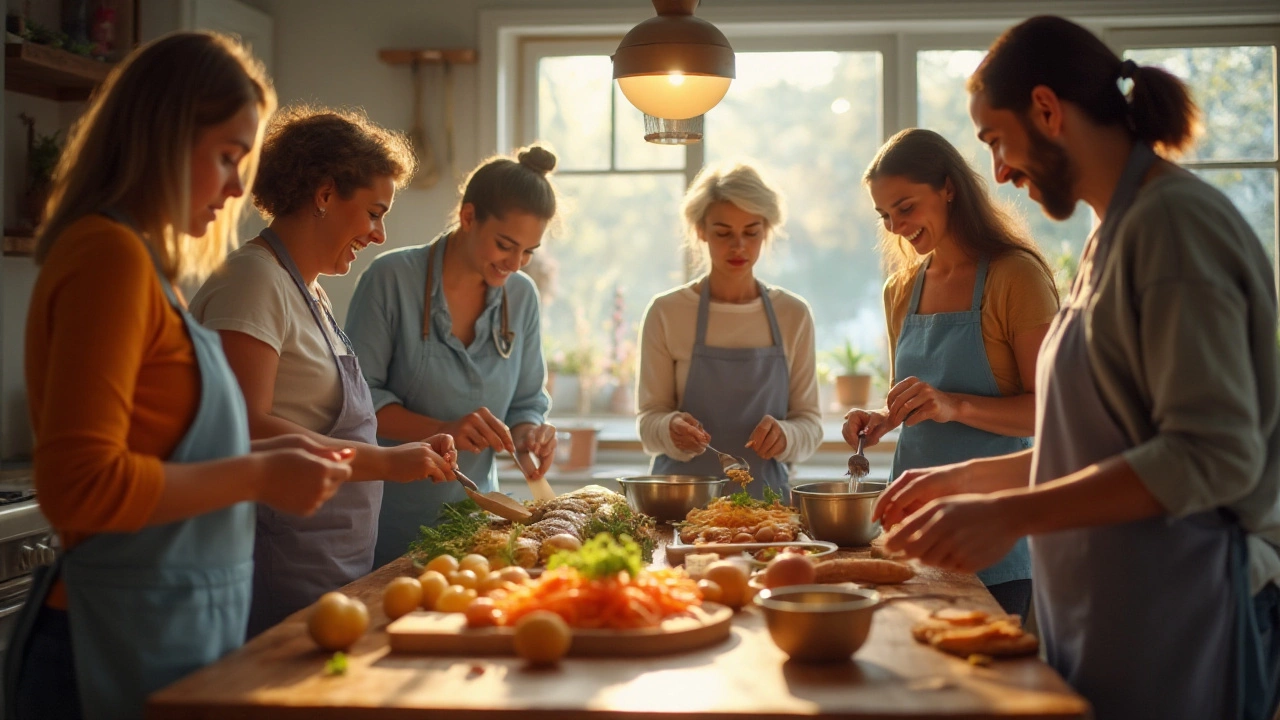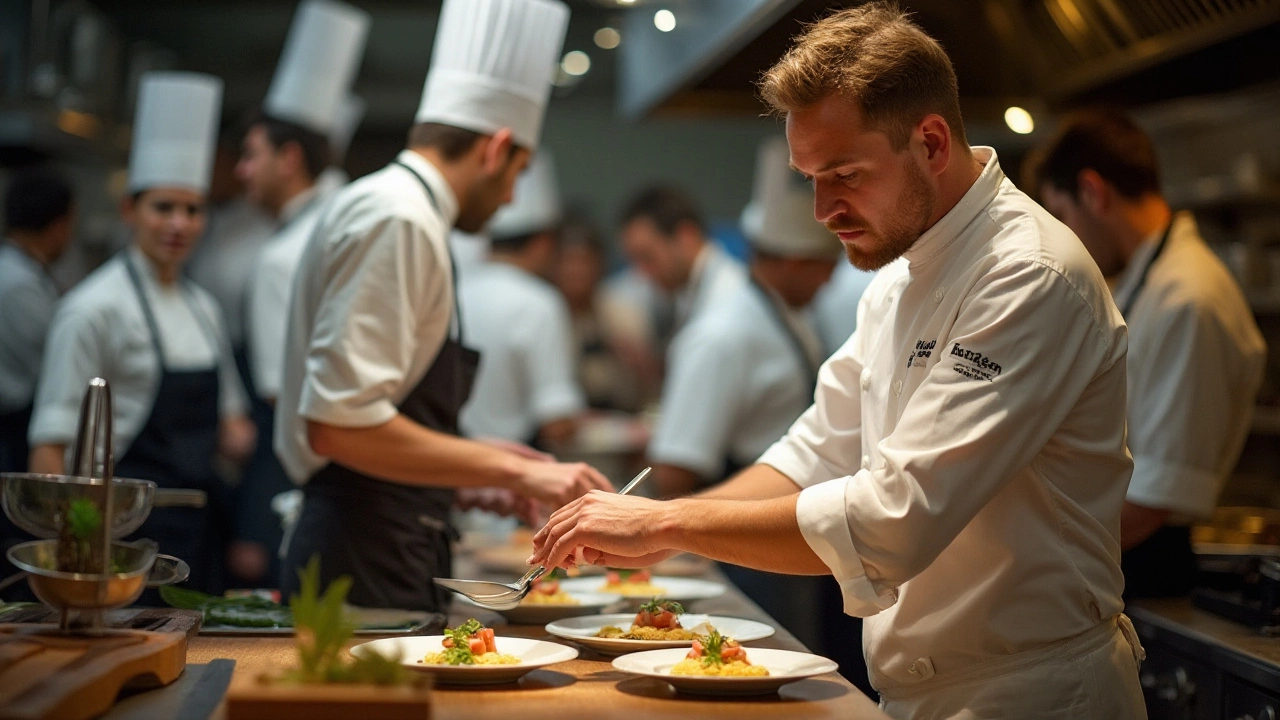Cooking Classes: Skills, Savings, and Career Boost
Ready to level up your kitchen game? A cooking class is the fastest way to pick up new techniques, meet fellow food lovers, and have fun while you learn. Whether you’re a total beginner or looking to refine a specialty, a hands‑on session gives you confidence that YouTube videos can’t match.
Why Join a Cooking Class?
First off, you get real‑time feedback. An instructor can spot a stray seasoning or a chopping mistake right away, saving you bad habits before they stick. You also walk away with a handful of recipes you’ve actually cooked, not just printed out. The social side is a bonus – sharing a dish with new friends makes the experience memorable and often sparks ideas for future meals.
Finding the Right Class for Your Goals
If speed is your priority, look for short, focused workshops that teach simple techniques like knife skills or quick sauces. These sessions often last a couple of hours and let you practice at home right after. For deeper learning, multi‑day courses dive into cuisines, plating, and nutrition, giving you a solid foundation to experiment.
Cost can feel steep, but it’s worth breaking down. A one‑off class might cost £30‑£80, while a series can run £200‑£500. Consider what you get: hands‑on time, professional guidance, and often unique ingredients you wouldn’t buy on your own. Some venues offer discounts for groups or off‑peak bookings, making the experience more affordable.
Budget‑friendly options exist too. Community centers, local colleges, and even pop‑up kitchens host cheap classes that focus on fundamentals. Pair these with free online tutorials for extra practice, and you can master basics without breaking the bank. Smart grocery shopping – buying in bulk, using seasonal produce – also stretches your new skills into everyday meals.
Thinking about turning a hobby into a career? Certain culinary paths pay well, especially if you specialize. Executive chefs, pastry chefs, and food stylists often earn top salaries. Choosing classes that align with high‑demand skills – like modernist techniques, dietary‑specific cooking, or menu development – can give you a competitive edge when you start applying for jobs or freelance gigs.
When picking a class, ask yourself three questions: What skill do I want to improve? How much time can I commit? What’s my budget? A short workshop fits a busy schedule, while a comprehensive program suits those ready to invest time and money. Read reviews, ask about class size – smaller groups mean more personal attention.
Bottom line: a cooking class is more than a lesson; it’s an investment in confidence, savings, and potential earnings. Ready to try one? Browse local listings, pick a session that matches your goals, and get ready to taste the progress.
